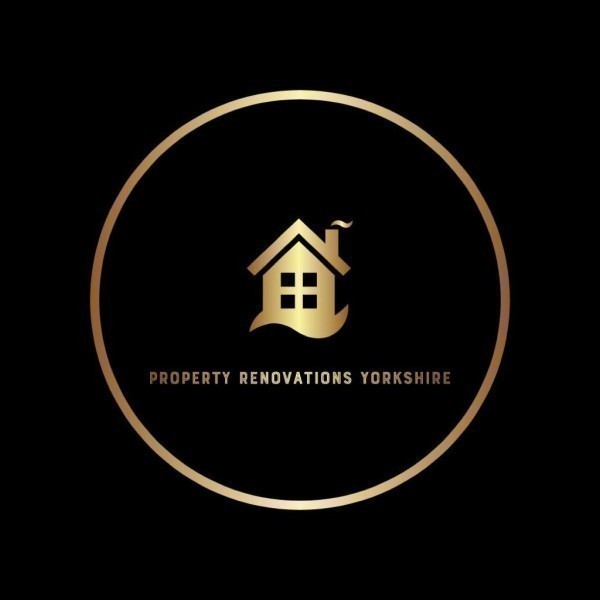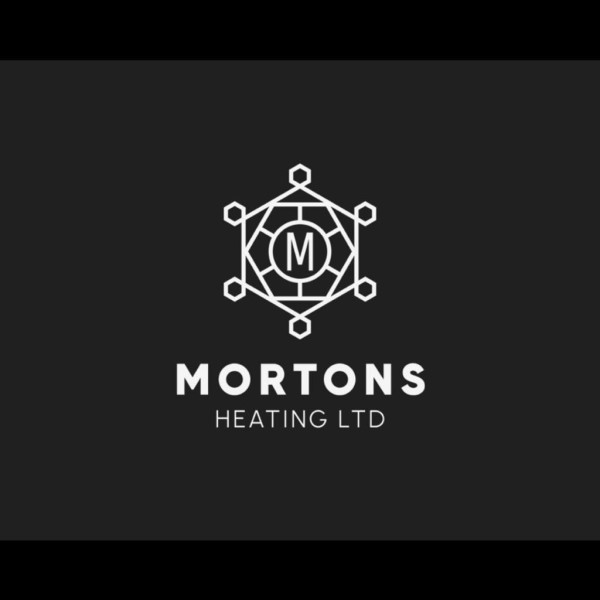Boiler/Heating Engineers in Worsbrough
Welcome to IGS Ltd, your premier choice for expert tradespeople services in Sheffield and across South Yorkshire. Specialising in plumbin... read more »
Welcome to All-Round Plumbing & Heating Services, your go-to experts for all things plumbing and heating in Normanton Spring and the wide... read more »
Welcome to Property Renovations Yorkshire, your go-to experts for all your home improvement need... read more »
Edgeford Plumbing and Heating is a reputable Brinsworth-based business, proudly serving the South Yorkshire area with to... read more »
Morrisroe Gas Services is a reputable business based in Stanley, proudly serving the West Yorkshire area with top-notch... read more »
Welcome to LMK Plumbing & Heating Services, your go-to experts for plumbing and heating solutions in Wrenthorpe and throughout West Yorks... read more »
Welcome to Mortons Heating LTD, your go-to experts for all things boiler and heating in Bolton Upon Dearne and throughout South Yorkshire... read more »
Welcome to Elite Heat & Son, your go-to experts for all things plumbing and heating in Sothall and across South Yorkshire. As a leading p... read more »
Welcome to Total Trade Solutions, your premier choice for tradespeople services in Boothroyd, West Yorkshire. With nearly two decades of... read more »
Welcome to Platinum Plumbing Heating & Bathrooms Ltd,... read more »
Welcome to John Powney Plumbing and Heating Ltd, your... read more »
Welcome to Hatfield Associates, your go-to experts fo... read more »
Welcome to Home Utility Group Limited (HUG), your tru... read more »
Welcome to Askern Plumbing & Heating, your trusted ex... read more »
Welcome to Pro-jett, your go-to experts for all thing... read more »
Welcome to MPR Plumbing and Heating, your trusted exp... read more »
Welcome to Clifford Heating Services Ltd, your go-to... read more »
Welcome to Stephen H Holgate, your trusted Boiler and... read more »
Welcome to Instant Heating And Property Maintenance L... read more »
Search Boiler/Heating Engineers in places nearby
Understanding the Role of Boiler/Heating Engineers in Worsbrough
Boiler and heating engineers play a crucial role in ensuring the comfort and safety of homes and businesses in Worsbrough. These skilled professionals are responsible for installing, maintaining, and repairing heating systems, which are essential for keeping buildings warm, especially during the chilly months. In this article, we will explore the various aspects of their work, the skills required, and the importance of their services in the community.
The Importance of Heating Systems in Worsbrough
Worsbrough, like many parts of the UK, experiences cold weather for a significant portion of the year. Heating systems are not just a luxury but a necessity for maintaining a comfortable living and working environment. Properly functioning boilers and heating systems ensure that residents and businesses can operate smoothly without the discomfort of cold temperatures.
What Do Boiler/Heating Engineers Do?
Boiler and heating engineers are responsible for a wide range of tasks related to heating systems. Their primary duties include:
- Installation: Setting up new boilers and heating systems in homes and commercial buildings.
- Maintenance: Regularly servicing heating systems to ensure they operate efficiently and safely.
- Repairs: Diagnosing and fixing issues that arise with boilers and heating systems.
- Upgrades: Recommending and implementing upgrades to improve system efficiency and performance.
Skills and Qualifications of Boiler/Heating Engineers
To become a boiler/heating engineer, one must possess a combination of technical skills and formal qualifications. These include:
- Technical Knowledge: Understanding the mechanics of heating systems and how they operate.
- Problem-Solving Skills: Ability to diagnose and resolve issues efficiently.
- Certification: Holding relevant certifications such as Gas Safe registration, which is mandatory in the UK.
- Customer Service: Communicating effectively with clients to understand their needs and provide solutions.
The Process of Installing a New Boiler
Installing a new boiler is a complex process that requires careful planning and execution. Here’s a step-by-step guide:
- Assessment: The engineer assesses the property to determine the best type of boiler for the space.
- Quotation: Providing a detailed quote that outlines the costs involved.
- Installation: Setting up the boiler and ensuring all connections are secure and compliant with safety standards.
- Testing: Running tests to ensure the boiler operates correctly and efficiently.
- Instruction: Educating the client on how to use and maintain the new system.
Common Heating System Problems and Solutions
Heating systems can encounter various issues, some of which are more common than others. Here are a few typical problems and their solutions:
| Problem | Solution |
|---|---|
| No Heat or Hot Water | Check the thermostat settings and ensure the boiler is receiving power. If the issue persists, call an engineer. |
| Leaking and Dripping | Inspect the boiler for visible leaks and tighten any loose connections. If the leak continues, professional help is needed. |
| Strange Noises | Bleed the radiators to remove air pockets. Persistent noises may require an engineer’s inspection. |
Energy Efficiency and Environmental Considerations
Modern heating systems are designed to be energy-efficient, reducing both costs and environmental impact. Engineers in Worsbrough can advise on the best systems and practices to enhance efficiency, such as:
- Regular Maintenance: Ensures the system runs efficiently and reduces energy consumption.
- Smart Thermostats: Allow for precise control over heating, reducing unnecessary energy use.
- Insulation: Proper insulation helps retain heat, reducing the need for constant heating.
Choosing the Right Boiler/Heating Engineer in Worsbrough
When selecting a boiler/heating engineer, consider the following factors:
- Experience: Look for engineers with a proven track record in the industry.
- Certifications: Ensure they hold necessary qualifications, such as Gas Safe registration.
- Reputation: Check reviews and testimonials from previous clients.
- Pricing: Obtain multiple quotes to ensure competitive pricing.
The Future of Heating Systems in Worsbrough
The heating industry is constantly evolving, with new technologies and innovations emerging. In the future, we can expect to see:
- Renewable Energy Sources: Increased use of solar and geothermal energy for heating.
- Smart Home Integration: More systems integrated with smart home technology for enhanced control.
- Improved Efficiency: Continued advancements in boiler technology to reduce energy consumption.
Frequently Asked Questions
- What qualifications should a boiler/heating engineer have? They should be Gas Safe registered and have relevant technical training.
- How often should I service my boiler? It’s recommended to service your boiler annually to ensure it operates efficiently and safely.
- What are the signs that my boiler needs repair? Common signs include unusual noises, leaks, and inconsistent heating.
- Can I install a boiler myself? No, boiler installation should be carried out by a qualified professional to ensure safety and compliance with regulations.
- How can I improve my heating system’s efficiency? Regular maintenance, using a smart thermostat, and ensuring proper insulation can improve efficiency.
- What should I do if I smell gas? Immediately turn off the gas supply, ventilate the area, and contact a Gas Safe registered engineer.
Conclusion
Boiler and heating engineers in Worsbrough are vital for maintaining the comfort and safety of homes and businesses. Their expertise ensures that heating systems operate efficiently, reducing energy costs and environmental impact. By understanding their role and the importance of regular maintenance, residents can enjoy a warm and comfortable environment all year round.
Send a message













